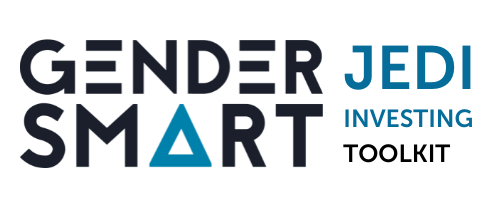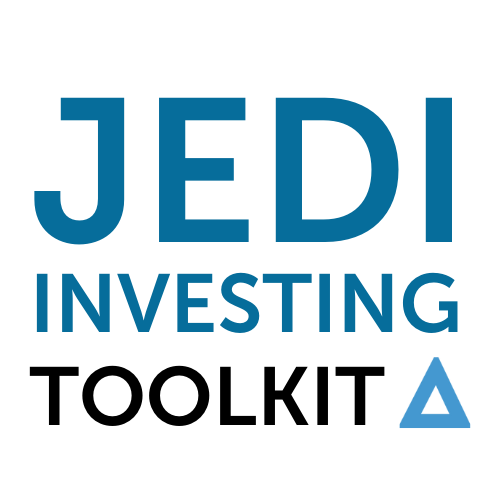
Go Further >
For experienced JEDI and gender lens investors seeking transformational impact.
A Transformational Systems Approach
Transactional approaches to JEDI investing focus on short-term results without addressing the inequalities and power imbalances inherent in capital markets structures and systems. For truly equitable, diverse, and inclusive investment, allocators and intermediaries can frame corrective actions through a transformational systems lens.
Institutions can examine where their written and unwritten policies are reinforcing discriminatory practices. Learning about the nature of structural biases and systemic barriers, and confronting them, takes time, resources, and commitment. But the alternative is usually ‘spinning the wheels’ with performative actions that don’t get to the heart of the issue.
The framework below (click to enlarge) has been adapted from Adasina Social Capital's Social Justice Investing framework. It was originally based on the Extractive to Regenerative Spectrum introduced by Justice Funders as a guide for social justice-focused philanthropy. It has been adapted here for the investment industry.
From Extractive to Regenerative
Evaluating Power Dynamics
Examining your investment process through the lens of privilege and power dynamics can help your organisation begin to meaningfully address the systemic barriers which keep underrepresented and underserved groups from accessing capital, and which reinforce the structures perpetuating the status quo.
We have listed seven key questions for evaluating power dynamics in investment processes, from Criterion Institute’s Process Metrics that Analyze Power Dynamics in Investing. See also Alyssa Ely & Denise Hearn’s Impact Investors Need to Share Power, Not Just Capital.
-
Does your organisation ask social change organisations they consult with to share their knowledge for free, while paying for the insights of financial experts?
-
Investors are given the power to decide who is most ‘worthy’ of accessing resources. Does your organisation have practices in place to ensure they prioritise the inclusion of underrepresented groups rather than prioritising the dominant group? Does your selection criteria preference, even inadvertently, people from certain backgrounds?
-
In the traditional investment process, decision-making power lies in the hands of investors, at the expense of the capital recipients. Does your organisation try to share control of important aspects in this process, such as structuring deal terms or expected outcomes? How does it involve stakeholders in the decision-making process?
-
Capital seekers often have more urgency in receiving capital than allocators, who can afford to wait until they feel comfortable. Does your organisation take into consideration the scheduling preferences of capital seekers? Have you streamlined your investment process to be less burdensome and time-consuming, so capital seekers don’t have to spend hours applying?
-
Information imbalances mean investors often make decisions based on criteria unknown to those applying for funding. Is your organisation committed to transparency throughout the investment process, sharing with capital seekers the typical “black box” of investment criteria? Do you take the time to give feedback to all applicants?
-
Investors typically privilege their own financial risks, overlooking capital seekers’, communities’, and social organisations' risks (such as the credit risk of a borrower, or cultural risks if an investment disrupts the local community). Does your organisation seek to equitably share risk by understanding and mitigating risks to capital seekers and communities?
-
Rewarding high-growth ventures can undermine the slow-growth businesses which may provide larger returns for an investor’s impact goals. These investments also build the expectation of fast returns into their deals, often at the expense of their mission. Are impact goals incorporated into deal terms to ensure that financial incentives can’t override stated social objectives?
JEDI Investing Principles
JEDI Investing Principles in Action Guides
In partnership with Triple C Advisory, we’ve created a series of pdf guides for different actor types, across each JEDI Investing pathway. These can be downloaded below.
Asset Managers
Wealth Managers
Asset Owners
Family Offices and Foundations


















